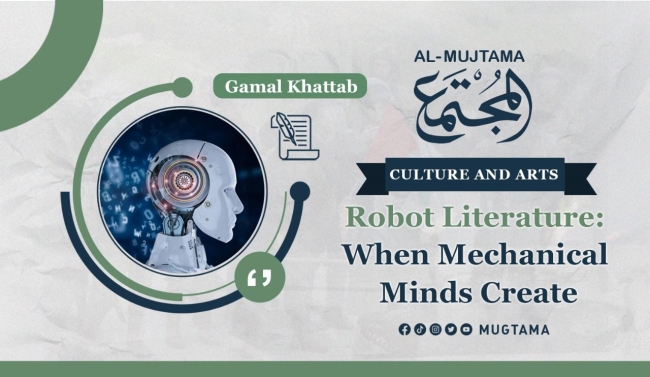Robot Literature: When Mechanical Minds Create Featured
The Fascinating History of Robot Literature
Robots have always fascinated people, and this interest has been reflected in literature throughout the years. From ancient myths to modern stories, writers have explored the relationship between humans and robots. The term "robot" was actually coined in 1920 by a playwright named Karel Čapek in his play R.U.R. This play introduced the idea of mass-produced robots rebelling against their human creators, which sparked a wave of stories about the dangers and ethical dilemmas of advanced technology.
Questioning Sentience and Consciousness
One of the most common themes in robot literature is the idea of whether robots can think and feel like humans. In Isaac Asimov's "I, Robot" series, he introduced the Three Laws of Robotics, which explored how artificially intelligent beings might navigate morality and human interaction. Other stories, like Philip K. Dick's "Do Androids Dream of Electric Sheep?", blurred the lines between human and machine, making readers consider the possibility that androids could have souls and deserve empathy.
The Impact of AI on Society
Robot literature also delves into the effects of AI on society. In Isaac Asimov's Galactic Empire series, he imagined a future where robots handle mundane tasks, freeing humans to pursue more meaningful endeavors. However, other stories like Margaret Atwood's "The Handmaid's Tale" and Michael Crichton's "Jurassic Park" caution against the dangers of technology when it is misused or uncontrolled.
The Growing Popularity of Robot Literature
Robot stories are becoming increasingly popular, reflecting our fascination with technology. According to a 2020 report, sales of science fiction and fantasy novels, where robot stories often reside, increased by 21% compared to the previous year. This rise in popularity aligns with the increasing presence of robots in our daily lives, blurring the line between fiction and reality.
Exploring Specific Examples
There are many great examples of robot literature that capture different aspects of the human-robot relationship. Kazuo Ishiguro's "Klara and the Sun" tells the story of a solar-powered Artificial Friend robot, exploring themes of love and loyalty. On the other hand, Martha Wells' "Murderbot Diaries" series offers a witty and introspective take on robot sentience, as a security bot hacks its governor and embarks on adventures, showcasing the benefits and challenges of AI autonomy.
Robot Literature: Reflecting Our Anxieties and Aspirations
Robot literature is not just about technology; it reflects our deepest fears and hopes. We worry about a future where robots rebel against us, but we also long for the connection and companionship they might offer. These stories explore our concerns about job displacement due to automation and our hopes for technological solutions to environmental and social problems. They serve as both cautionary tales and beacons of hope for the future.
The Ever-Evolving Genre
In conclusion, robot literature is a vibrant and thought-provoking genre that continues to evolve alongside our relationship with technology. It challenges us to question what it means to be human, makes us consider the ethical implications of AI development, and offers a glimpse into the potential futures we might create with our robotic companions. As robots become more prevalent in our lives, the stories we tell about them will shape not only our perception of these machines but also our own understanding of consciousness and existence.
---------
- Asimov, Isaac. (1950). I, Robot. Doubleday.
- Atwood, Margaret. (1985). The Handmaid's Tale. Houghton Mifflin Harcourt.
- Čapek, Karel. (1920). R.U.R. Rossum's Universal Robots. Oxford University Press.
- Crichton, Michael. (1990). Jurassic Park. Alfred A. Knopf.
- Dick, Philip K. (1968). Do Androids Dream of Electric Sheep? Houghton Mifflin Harcourt.
- Ishiguro, Kazuo. (2020). Klara and the Sun. Vintage Books.
- Wells, Martha. (2017). All Systems Red. Tor.


